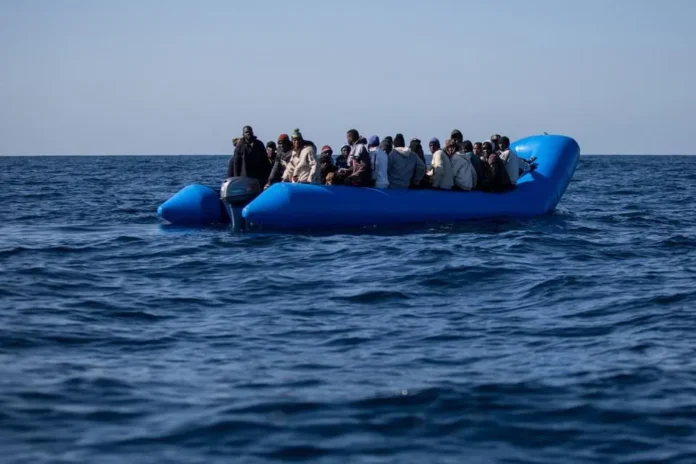Author: Mariagiulia Giuffré
Affiliation: Edge Hill University (UK)
Organization/Publisher: EUROJUS
Date/Place: March 20, 2017/The Netherlands
Type of Literature: Analysis
Number of Pages: 8
Link: http://rivista.eurojus.it/from-turkey-to-libya-the-eu-migration-partnership-from-bad-to-worse/
Keywords: Libya, Migration Partnership Framework, Migration, Turkey
Brief:
The EU’s externalization policy to curtail migratory flows has jeopardized refugees’ fundamental human rights, and legal pathways to Europe should be provided to avoid dangerous journeys and ensure safe access to international protection. To thwart migratory flows and to curtail arrivals, the EU and member states have outsourced migration control through technical and financial support to third countries including Turkey and Libya. Turkey’s hosting a huge number of Syrians due to its geographical proximity with Syria, coupled with the EU’s lack of serious engagement, have made Turkey incapable to ensure sufficient protection. Despite the 2011 MoU (Memorandum of Understanding) between Italy and Libya, the war in the country has made it difficult to thwart arrivals from Africa through Libya. Although Italy has funded the establishment of reception centers where migrants and refugees wait for their voluntary or forced return to their home countries, Libya could not provide adequate refugee protection against UAE bombings of these centers with US weapons. As it has become clear that the EU’s financial and technical support is more about outsourcing accountability via unregulated detention centers, it is time to reassess whether EU and member states have any legal right to stifle migrants—including asylum seekers—and whether Libya is a safe place for refugees. EU member states should process humanitarian visa applications in their embassies, or extend other visa categories to those fleeing as they must issue a visa on humanitarian grounds. Relying upon third countries to deal with the humanitarian flows has jeopardized the basic human rights of refugees and migrants, as it puts the protection of asylum seekers at stake.
By: Imad Atoui, CIGA Research Associate




